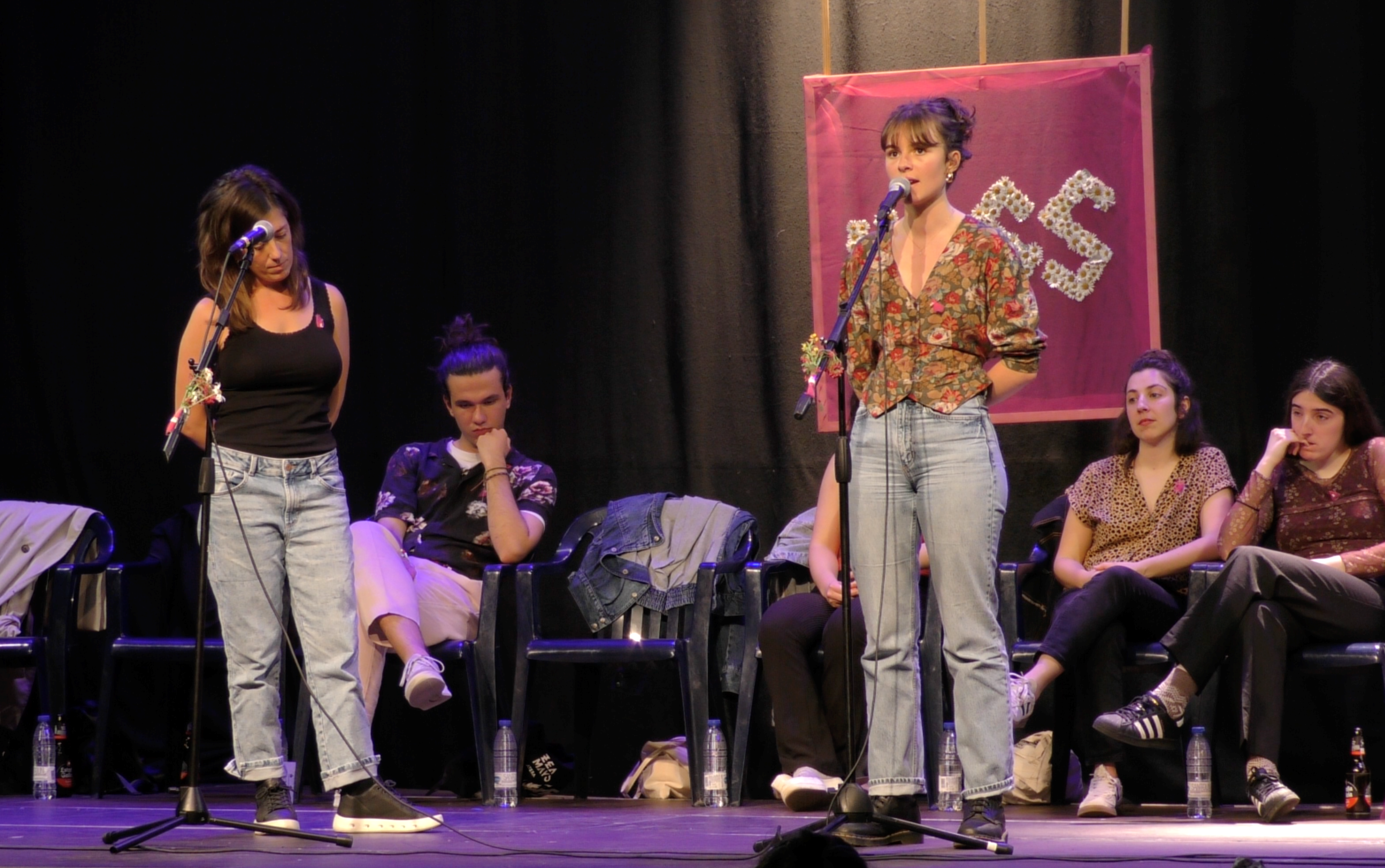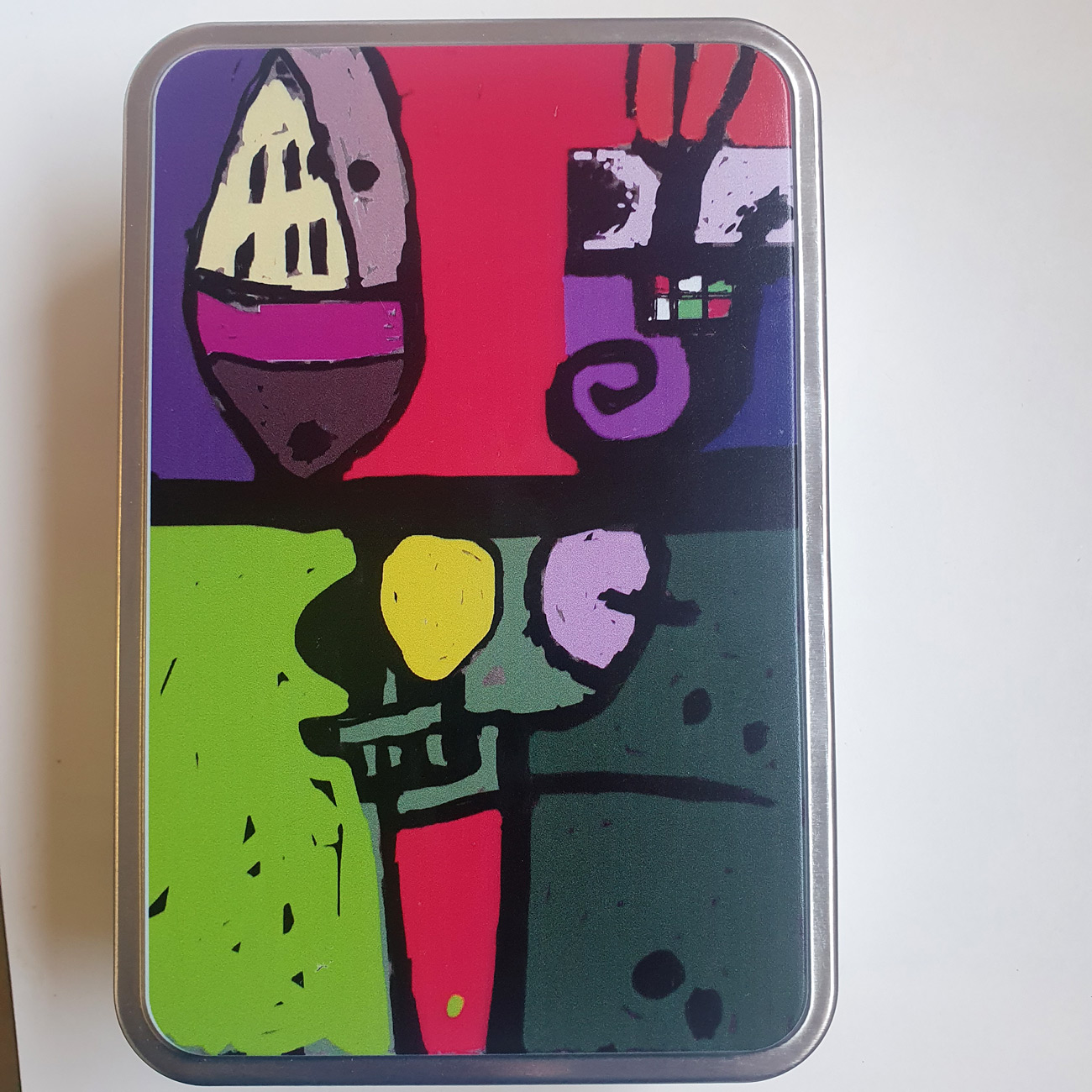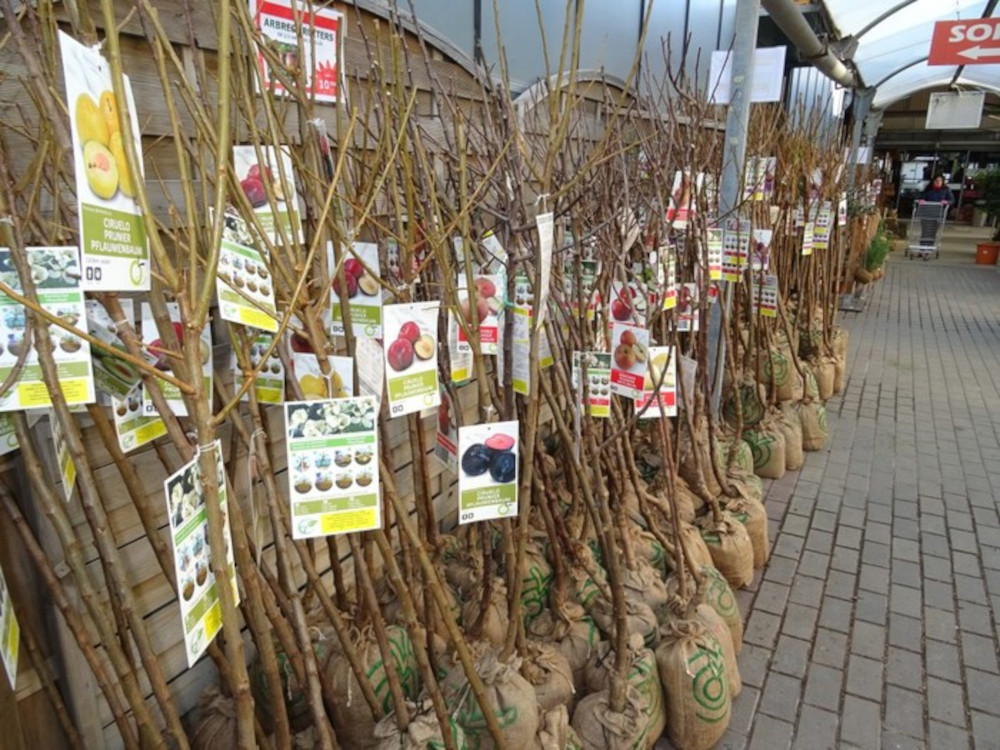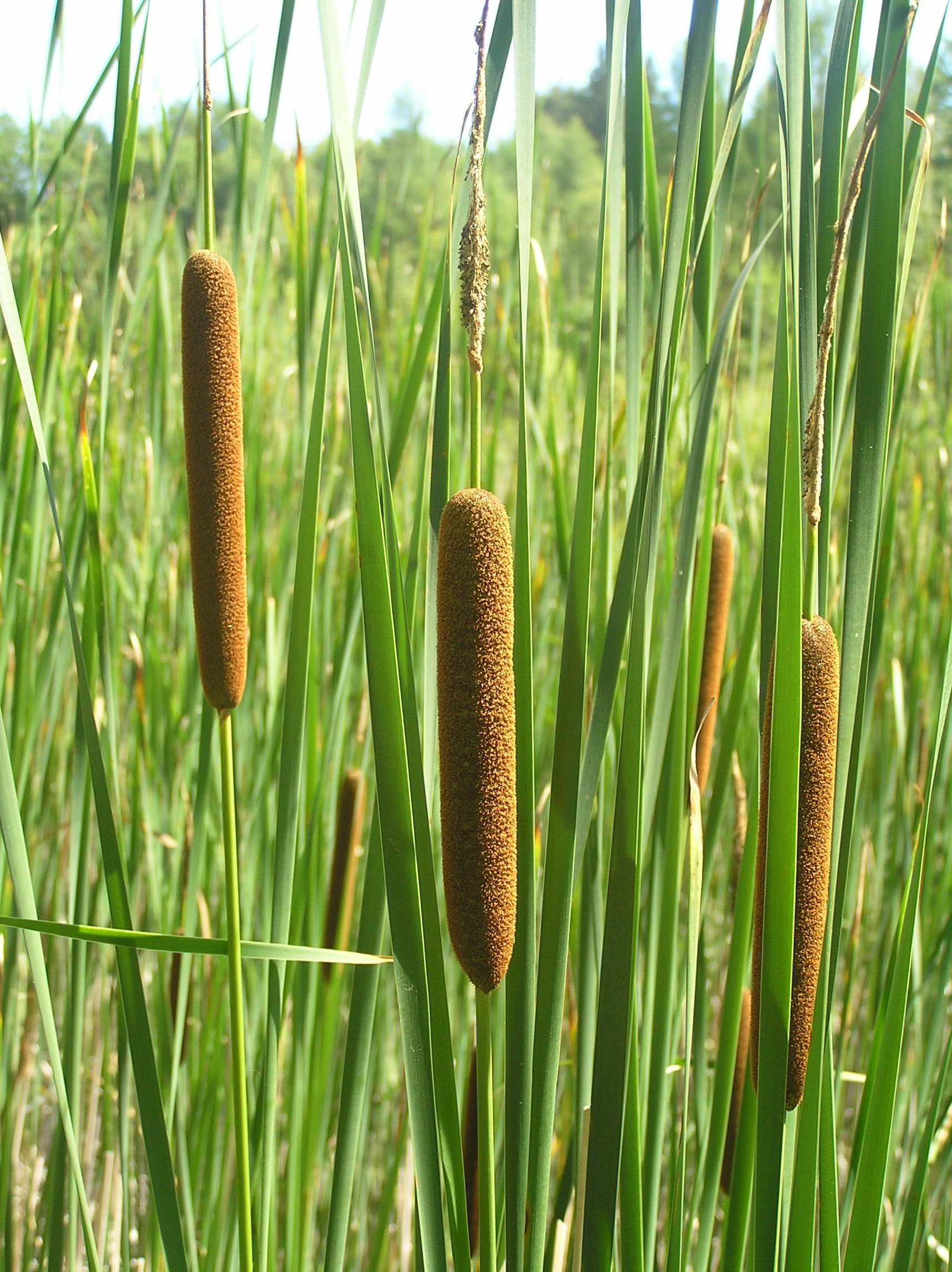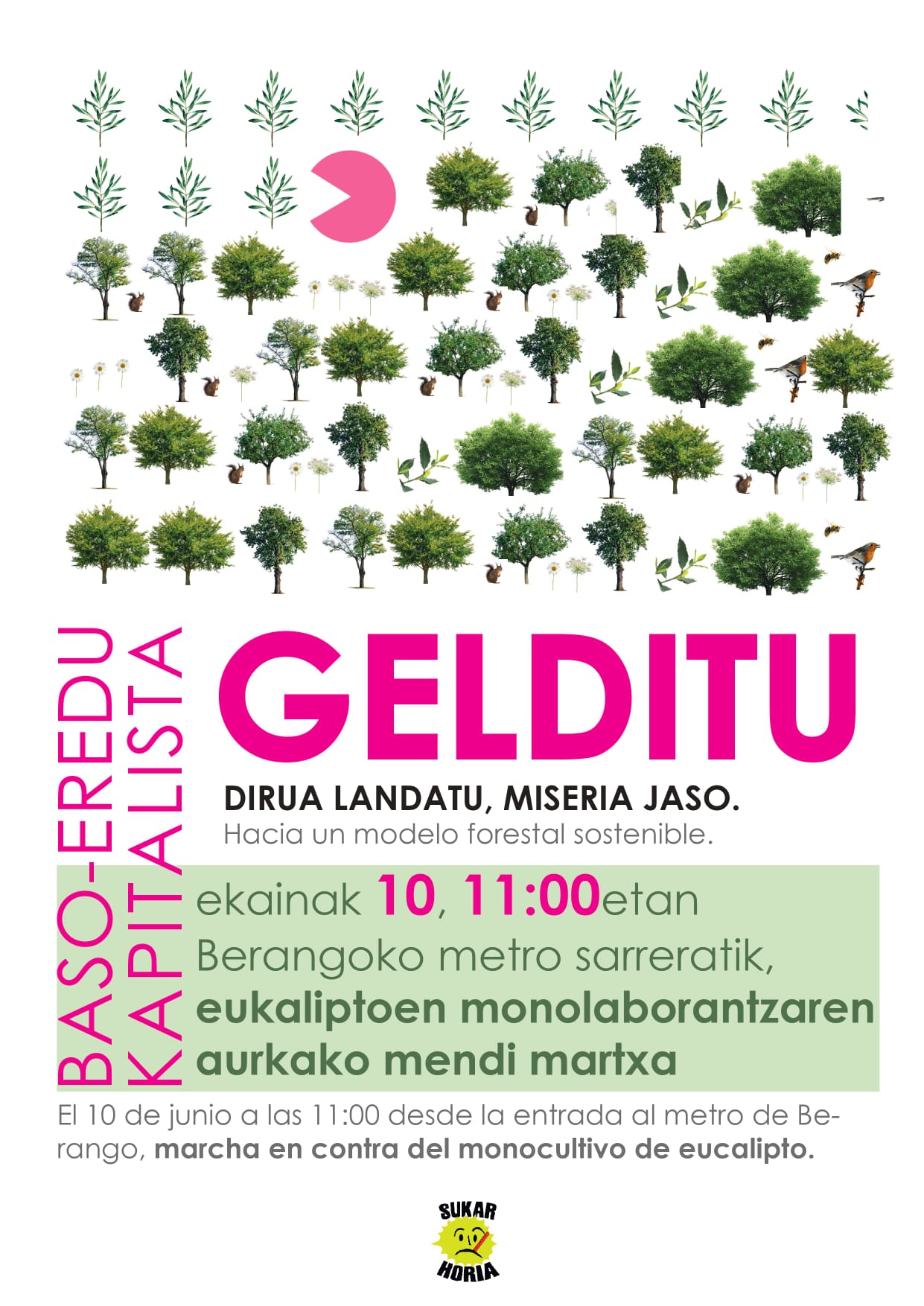The aroma of Cecilia
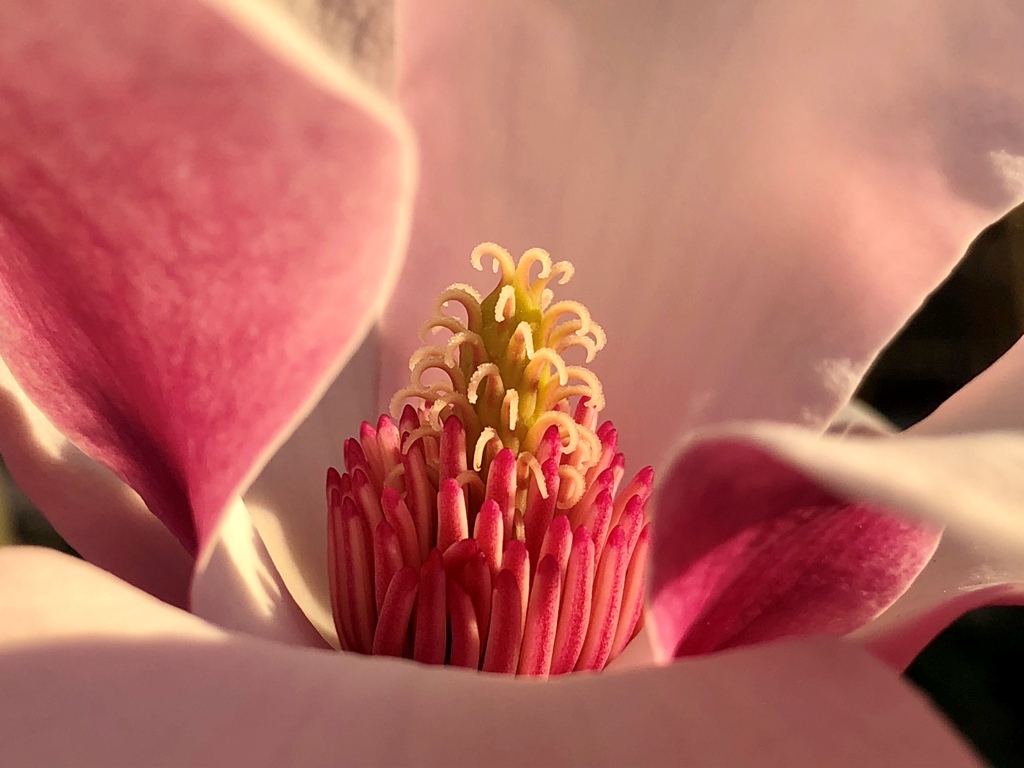
February has been very hot. After three days when we had to cut the cold, it was once again the hottest month of February. The previous colds delayed some blooms: mimosa (Acacia dealbata), avellano (Corylus avellana), winter jasmin (Jasminum nudiflorum), or loretxiki (Ulex parviflorus), white or whitish brew (Erica arborea), etc. Subsequent warming has led to the flowering of plum (Prunus domestica), Japanese plum (Prunus cerasifera “Pissardii”), black hawthorn (Prunus spinosa), magnolia (Magnolia soulangeana, M. Stellata...), sauces (Salix spp.), Japanese quince (Chaenomeles japonica), violet with odor (Viola odorata), wild strawberry (Fragaria vesca) and pines (Pinus spp. ).
It has gone the hottest of my jars, but also the most perfumed and colorful. The blooms have been dressed in more intense colors than in previous years, or have ignited the bright lights of those days, especially this year. In addition to touching my eyes, my nose has also invaded me a denser odor this year. Most of all, the smell of the magnolia had delighted me. On the portals of the back of the house and the front I have two different things, and each one fights more, more than a perfume.
In our portals there are two winds that are the usual: the South and the West. And even though it's allied in those apologies of scents, the winds have themselves, they're light, but they have their heads. The West has the power to make a formidable spectacle. Take the penile point by taking advantage of the overnight stays of the wing. And the saltpetre magnolias it brings have the horns open. The wind shakes the flowers, and the petals grab on to the wind swirl, tearing, ripping the flowers, twisting them. It's the rain of petals. A spectacle of nature that occurs at very specific, rare times.
In Dima it's called a bull in February, and I've been there in late February. The garden of children of the local school and the care of children of the garden. I've learned a lot. I've given you a role as a professor, and there I've learned what the lubecillo, the tongue, the satire is ... And there, we've also lived through the rain of petals. There was no magnolium in the part of the orchard, but the rain of sauces had soaked us. We've become full of knowledge.
There the freshness prevailed; when returning home, to the heat of the coast, the oak (Quercus robur) was put back the leaves and the elm (Ulmus sp.) I've realized they flourished and I didn't get into a martyr!
.jpg)
Aurten "Israel Premier Tech" txirrindularitza talde israeldarra ez da Lizarraldeko Miguel Indurain Sari Nagusia lasterketara etorriko. Berri ona da hori Palestinaren askapenaren alde gaudenontzat eta munstro sionistarekin harreman oro etetea nahi dugunontzat, izan... [+]
Festa egiteko musika eta kontzertu eskaintza ez ezik, erakusketak, hitzaldiak, zine eta antzerki ikuskizunak eta zientoka ekintza kultural antolatu dituzte eragile ugarik Martxoaren 8aren bueltarako. Artikulu honetan, bilduma moduan, zokorrak gisa miatuko ditugu Euskal Herriko... [+]
Administrazio Epaitegiak arrazoia eman dio EH Bilduk Lizarrako plantilla organikoaren hizkutnz profilen aurka jarritako helegiteari.
Just as we experienced the flourishing of the Basque Country with the help of the artists, so that this time, taking advantage of their impulses, we continue to make our way together giving the necessary support to the Basque political prisoners, exiles and deportees
The... [+]
The area of Nabaridas (Álava) is the territory of the wines, so the landscape is dominated by the vineyards. However, in 2014, neighbors began to revolve around an idea to promote the native oak forest. The question was: What do you do to expand the forest, protect it and... [+]









